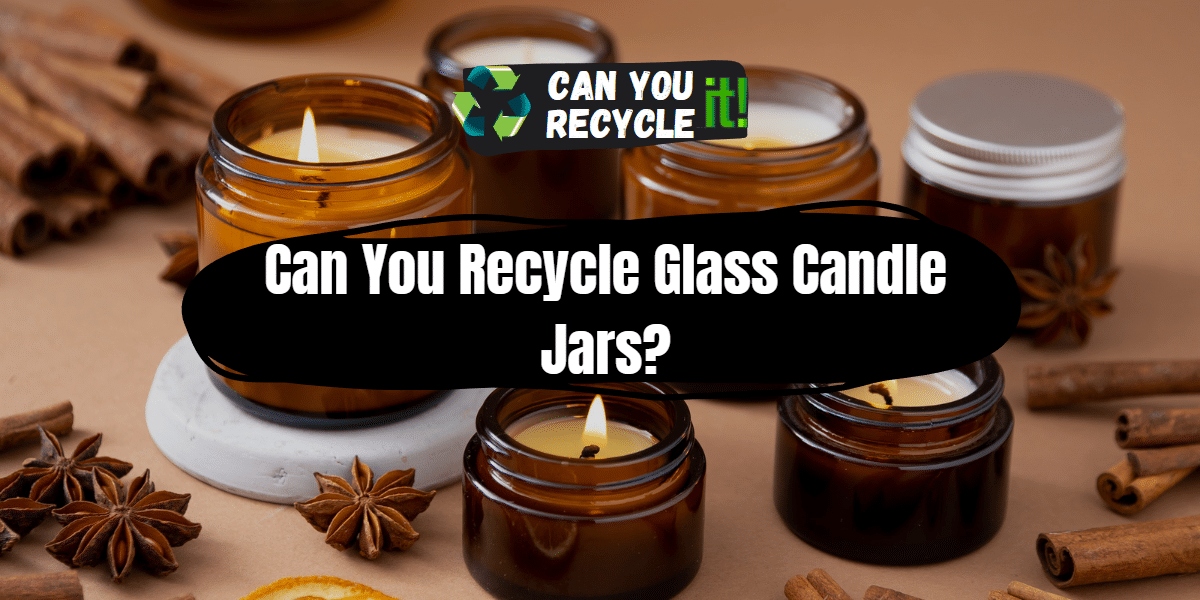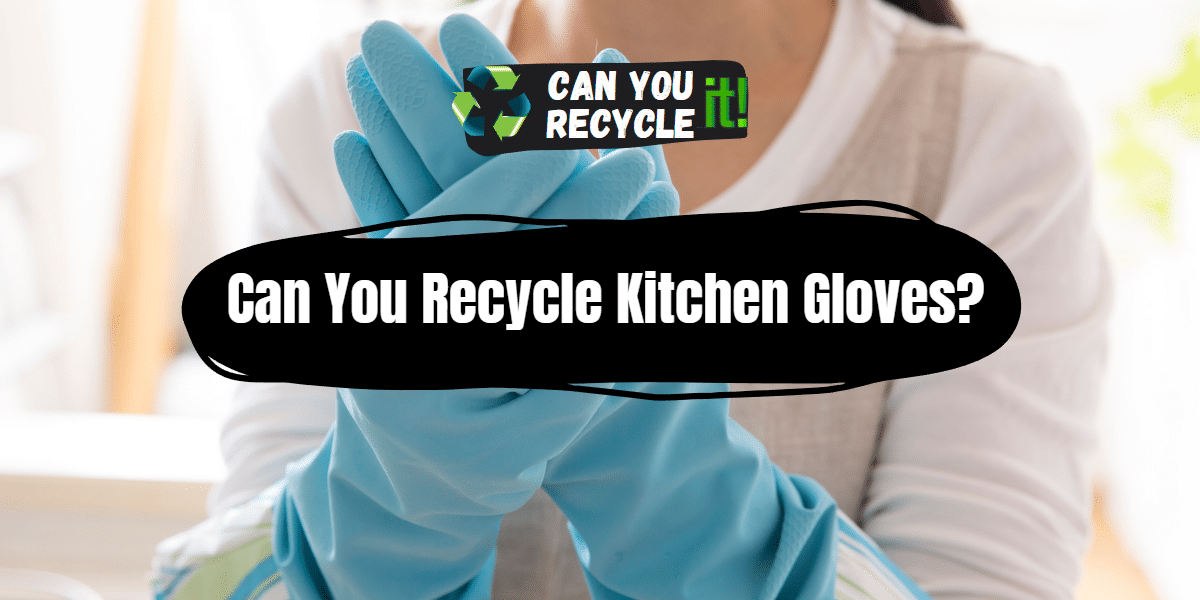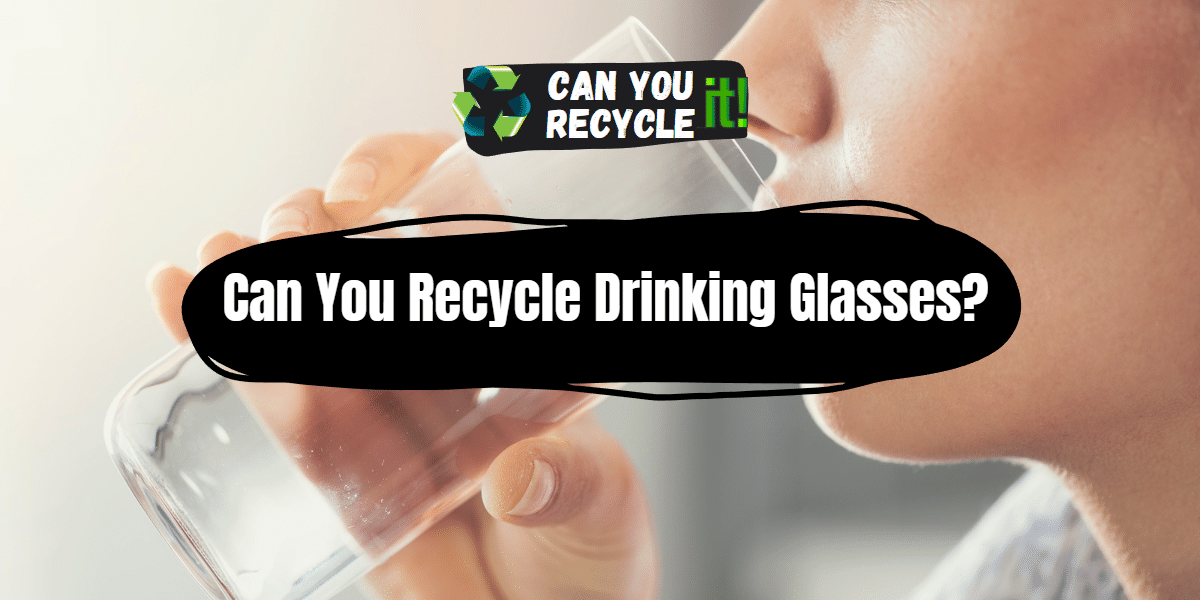Yes, steel cans can be recycled. In fact, steel is one of the most commonly recycled materials in the world. Recycling steel cans not only conserves natural resources but also reduces energy consumption.
Recycling steel cans conserves natural resources and reduces energy consumption and greenhouse gas emissions. By recycling a steel can, we can contribute to a more sustainable and eco-friendly future.
Have you ever wondered what to do with those empty steel cans after use? Are they recyclable, or should they be tossed in the trash? Recycling is a crucial practice for a sustainable future, and steel cans are no exception.
In this article, we will delve into the world of steel can recycling, exploring the dos and don’ts, providing a step-by-step guide, discussing alternative uses for non-recyclable steel cans, examining the environmental impact of recycling, addressing common questions, and sharing final thoughts on the subject. Let’s jump right in!
Table of Contents
Do’s and Don’ts
To ensure proper steel can recycling, it is essential to follow these dos and don’ts:
Dos
- Do rinse out the steel cans before recycling them to remove any food residue. Clean cans help maintain the quality of the recycling stream.
- Do remove any non-steel components, such as plastic lids or paper labels. These items can be recycled separately, but it is crucial to separate them from the steel cans.
Don’ts
- Don’t crush the steel cans excessively. While it is acceptable to flatten them to save space, extreme flattening can make it difficult for recycling facilities to process the cans efficiently.
- Don’t include aerosol cans or paint cans in your steel can recycling. These types of cans often contain hazardous materials that require special handling. Check with your local recycling facility for instructions on properly disposing of them.
5-Step Guide to Recycle Steel Cans
Recycling steel cans is a straightforward process. Follow these five steps to recycle steel cans effectively:
Step 1
Rinse Out the Cans: Empty the contents of the steel cans and rinse them with water to remove any remaining residue.
Step 2
Remove Non-Steel Components: Separate any plastic lids, paper labels, or other non-steel parts from the cans.
Step 3
Flatten the Cans: Gently flatten the steel cans to save space. Avoid extreme flattening, as mentioned earlier.
Step 4
Collect and Store: Place the cleaned and flattened steel cans in a designated recycling container. If your local recycling program requires sorting, separate the steel cans from other recyclables accordingly.
Step 5
Recycle: Take the collected steel cans to a recycling facility in your area. Many communities have curbside recycling programs, while others may have drop-off locations. Make sure to follow the recycling guidelines specific to your location.
What to Do with Steel Cans That Cannot Be Recycled
While the majority of steel cans can be recycled, some exceptions exist. Here are a few alternative uses for steel cans that cannot be recycled:
- Reuse for Storage: Clean steel cans can be repurposed as storage containers for small items like nails, screws, or craft supplies.
- Creative Crafts: Get creative and turn steel cans into decorative items or valuable crafts. Paint them, punch holes to create candle holders, or transform them into plant pots.
- Donate for Upcycling: Consider donating steel cans to local artists or upcycling enthusiasts who can use them for their projects. One person’s trash can be another person’s treasure.
Environmental Impact of Recycling Steel Cans
Recycling steel cans offers significant environmental benefits. Here are a few key points to consider:
- Conservation of Resources: Recycling steel cans reduces the need for extracting and processing raw materials, such as iron ore. This helps preserve natural resources for future generations.
- Energy Savings: Recycling steel cans requires less energy compared to producing new steel from virgin materials. This energy efficiency translates into reduced greenhouse gas emissions and a smaller carbon footprint.
- Waste Reduction: By recycling steel cans, we divert them from landfills, which not only saves space but also minimizes the production of methane, a potent greenhouse gas generated by decomposing organic waste.
FAQs for Can You Recycle Steel Cans
Can I recycle steel cans with dents or rust?
Yes, you can still recycle steel cans with minor dents or rust. However, heavily damaged cans may be rejected by recycling facilities. It’s best to consult your local recycling guidelines for specific instructions.
Should I remove the labels before recycling steel cans?
It’s preferable to remove paper labels from steel cans before recycling. However, small amounts of adhesive or glue are generally acceptable.
Can I recycle aerosol cans that contain steel?
Aerosol cans should not be included in steel can recycling. They often contain propellants or other hazardous materials that require unique disposal methods. Check with your local recycling facility for proper aerosol can recycling guidelines.
Final Thoughts 💭
Recycling steel cans is a simple and impactful way to contribute to a sustainable future. We can make a positive difference by following the dos and don’ts, adopting a 5-step recycling process, exploring alternative uses for non-recyclable cans, understanding the environmental benefits, and staying informed through FAQs. So, the next time you finish that can of beans or soup, remember to recycle it, knowing you’ve played a part in conserving resources and protecting the environment. Together, we can build a greener world, and one steel can at a time.





Leave a Reply